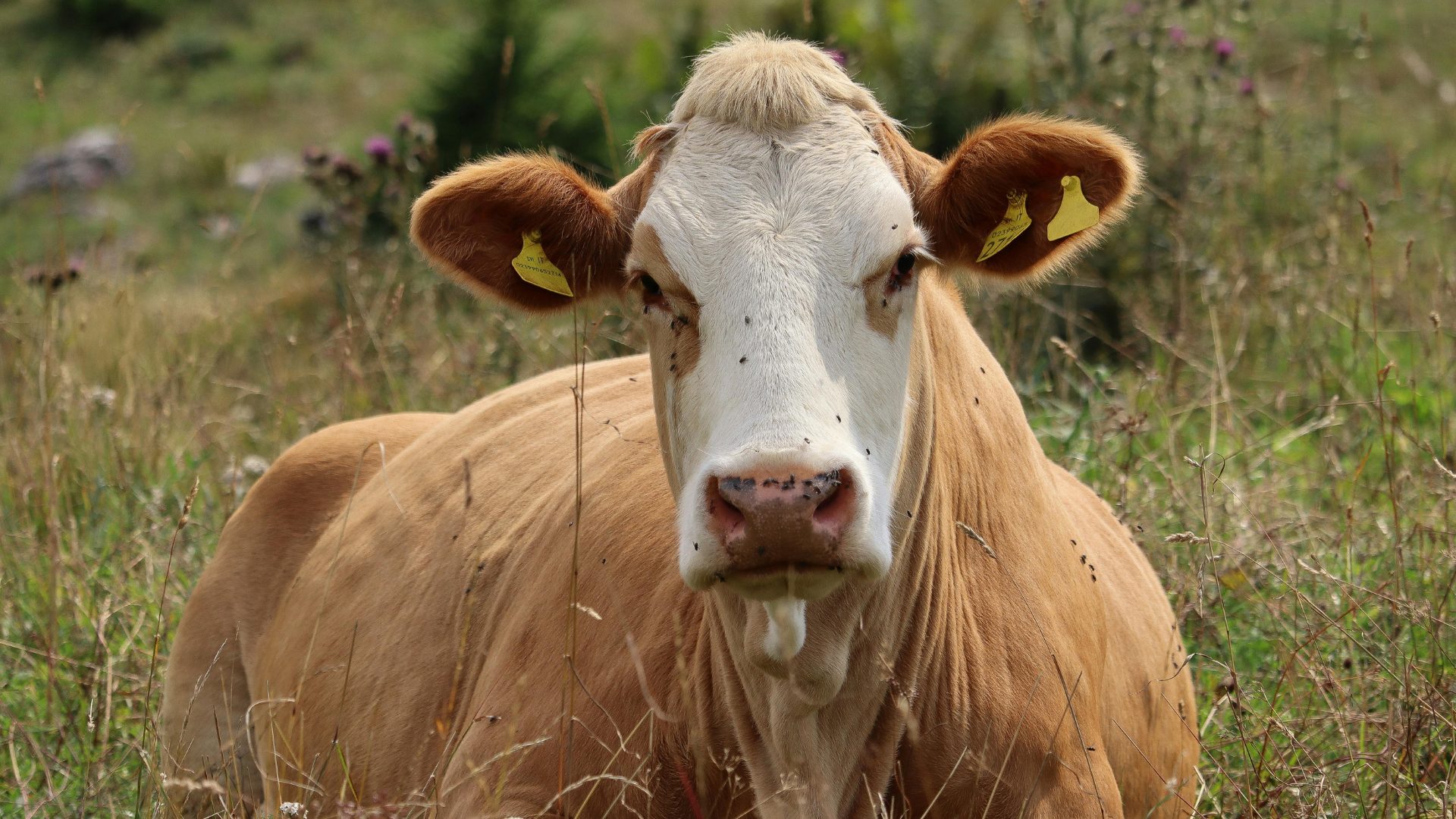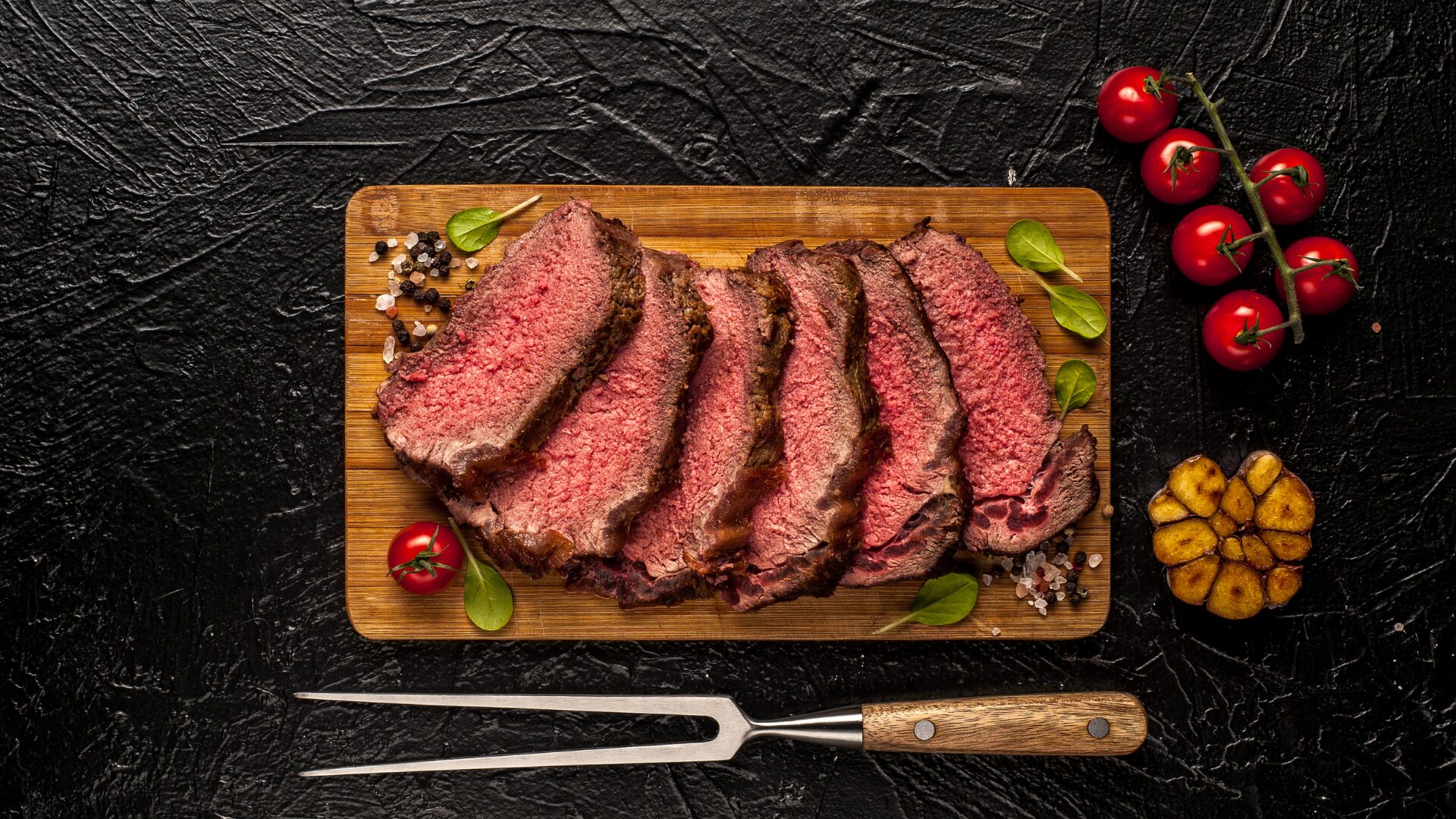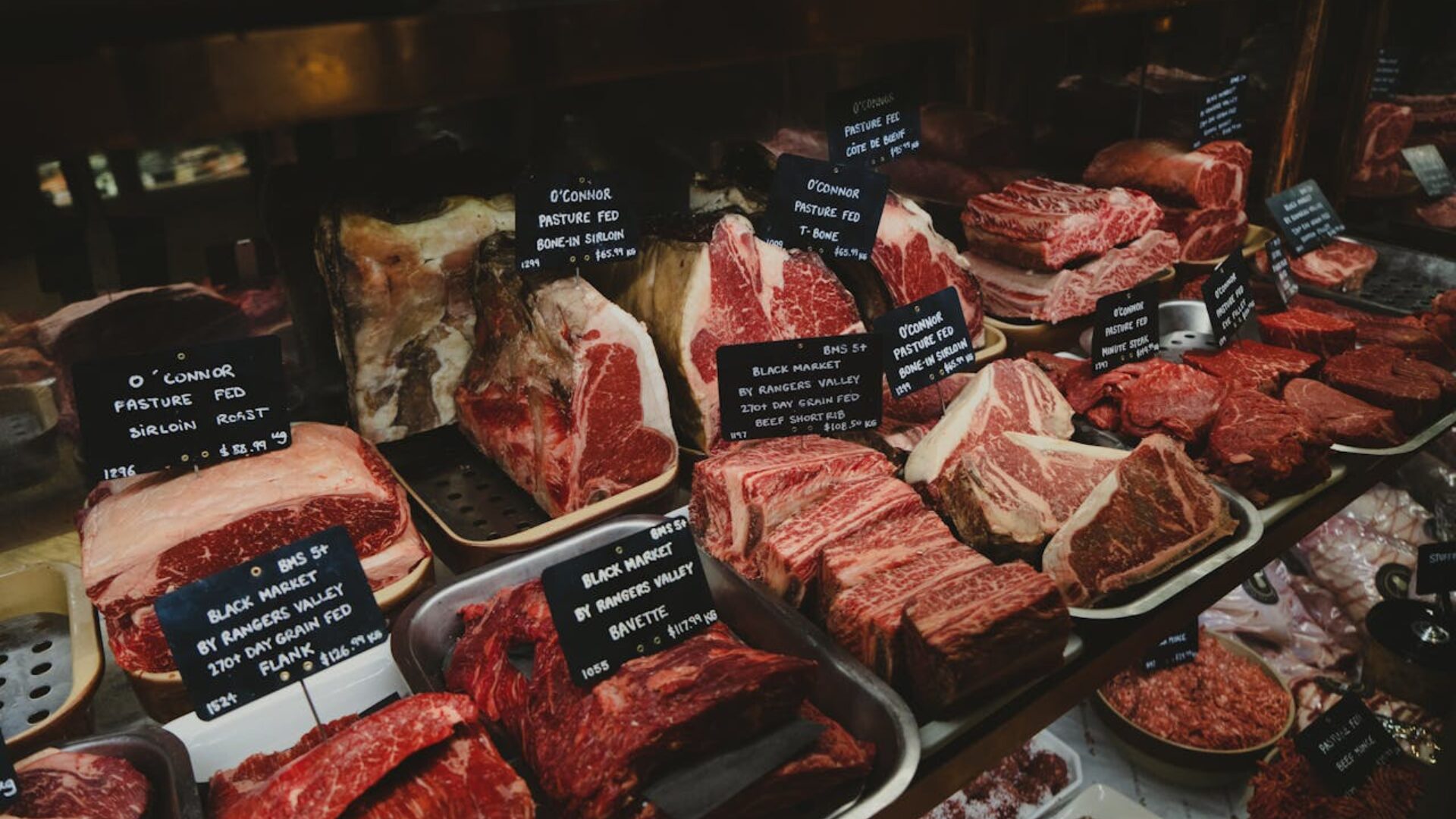In an era in where veganism is increasing and protein alternatives are making inroads, some in the agriculture realm believe they’ve found the future of traditional meat production.
Proponents of a crossbreed of bison and cattle, called beefalo, say its meat is every bit as lean as bison and can be easily raised on a farm.
“We might start seeing campaigns for beefalo to drive awareness and interest – the USDA’s checkoff programs like ‘Pork; the other white meat’ come to mind,” Leah Wolfe, director of regenerative education and content at HowGood, told The Food Institute.
“These campaigns could help maximize beefalo’s exposure among consumers and help it become more popular,” added Wolfe, who helps oversee a large ingredient and product sustainability database at HowGood.
Beefalo is bred to include more cattle traits than bison, reported NPR (June 8). The American Beefalo Association says beefalo with 37.5% bison genes are considered full-blood beefalo and present the ideal mix for the breed.
Cross-breeding to produce beefalo has occurred since the 1970s, but the practice is gaining favor in some circles lately due to the lean meat beefalo provides. The USDA has certified beefalo as having higher vitamin levels and more protein, while having nearly one-third less cholesterol and 79% less fat than conventional beef, NPR reported.
“Healthier-for-you food options are certainly popular,” Wolfe noted. “But American consumers are also interested in food options that are healthier for the planet. Ultimately, it’s less about the type of meat and more about how it is raised that will ensure beefalo can meet both of these consumer demands.”
The primary drawbacks of beefalo are that it isn’t yet sold in many grocery stores, and it tends to cost more than beef, NPR reported, mainly because it comes from small producers.
Consumers can be wary of unfamiliar foods, but Wolfe feels beefalo could benefit from the fact the meat is a crossbreed of two animals that are common in the U.S.
“I’m from the West, where bison burgers are standard in grocery stores and restaurants,” noted Wolfe, who worked as a butcher earlier in her career. “Even if consumers haven’t had the opportunity to try bison yet, they’ve probably heard of it, which means (beefalo) will be an easier sell.”












